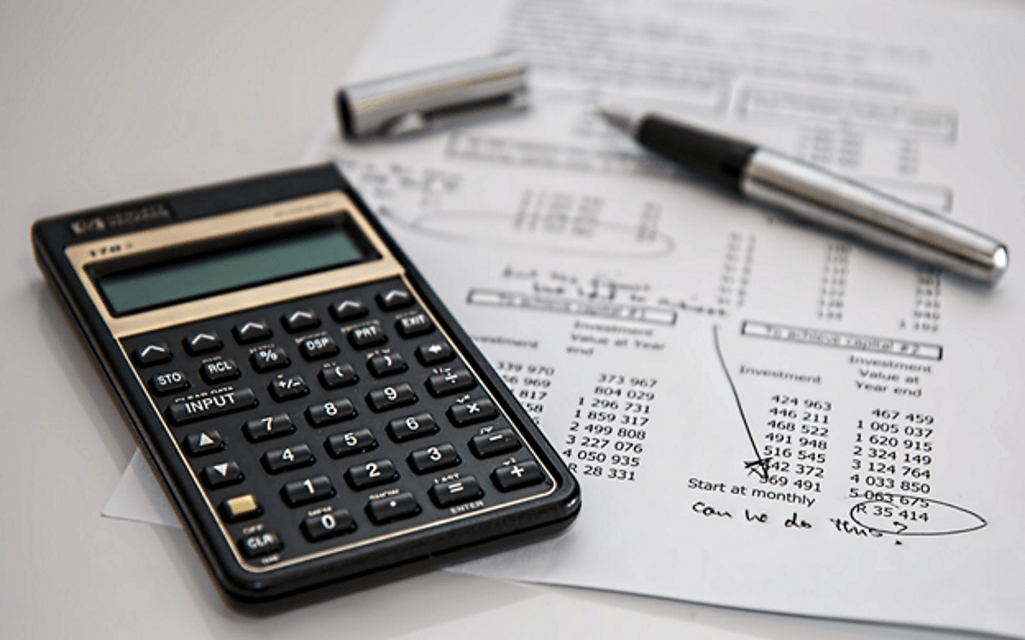Energy is always going to be a significant expense for any business. The good news is that in most places, the more energy you use, the less it costs per unit. In this way, the more energy your business uses, the more negotiating power you have- even if that usage is split over multiple locations.
Using less energy, however, is also a sure-fire way to reduce energy costs. If you have been monitoring the power, your business uses- great. Many businesses owners overlook how much they can save by reducing energy costs. In fact, they even look over the ways on how to find lower energy rates.
Timing Can Greatly Reduce Energy Cost
To lower congestion during peak times and reduce the possibility of an energy shortage or blackout, many utilities have decided to increase rates during peak times of the day. This is to encourage users to be smarter about their energy consumption duration these hours. In some cases, these rates are as much as 4x what the standard rate is.
As a business, you may have some flexibility when it comes to when you run power-intensive processes or machinery. If possible, schedule these to run outside of peak hours. During so could easily halve your power bill.
Providers May Be Able to Offer a Lower Bid
If you use enough power, a reverse auction energy solution could be just the thing to provide long-standing relief from high power costs. With this, energy providers bid to provide you with their best solution for your needs. The bids are all public, with the lowest bids given preference.
A Move May Lower Your Operating Expenses
Moves themselves can be costly. However, things like weather can drive energy costs so high for certain types of businesses that relocating to a more favorable climate may be a responsible option.
For example, a large number of server farms have relocated to Canada and similarly cool regions. Why? The naturally cold climate keeps the heat from these machines in check without the need to power additional cooling systems.
Mistakes Can Be Made
Utility meters are not perfect pieces of engineering and craftsmanship. Occasionally they will malfunction or have faults just like everything else. This is true of both analog and newer digital meters. Smart meters, though more susceptible to hacking and interference than their analog counterparts are still thought to be about as accurate.
That said, it is not unlikely for any meter to report an inaccurate reading. If you have any questions about your bill or reported usage, it’s never a bad idea to bring it up to your utility. In some cases, they can help you pinpoint the issue.
Know If You Have a Variable or Fixed Rate
If you have a variable rate, the amount you pay will to only depend on your usage but the rate the utility has decided to charge that month. If there happens to be a surge in demand or you don’t keep up with the latest notices, a volatile variable rate can leave you in shock when your bill comes around if you happen to use a lot of energy.
A fixed rate, on the other hand, means you know what to expect as long as you monitor your energy usage but fixed rates may have minimum charges that can change over time- bad for anyone that uses a small amount of energy.



